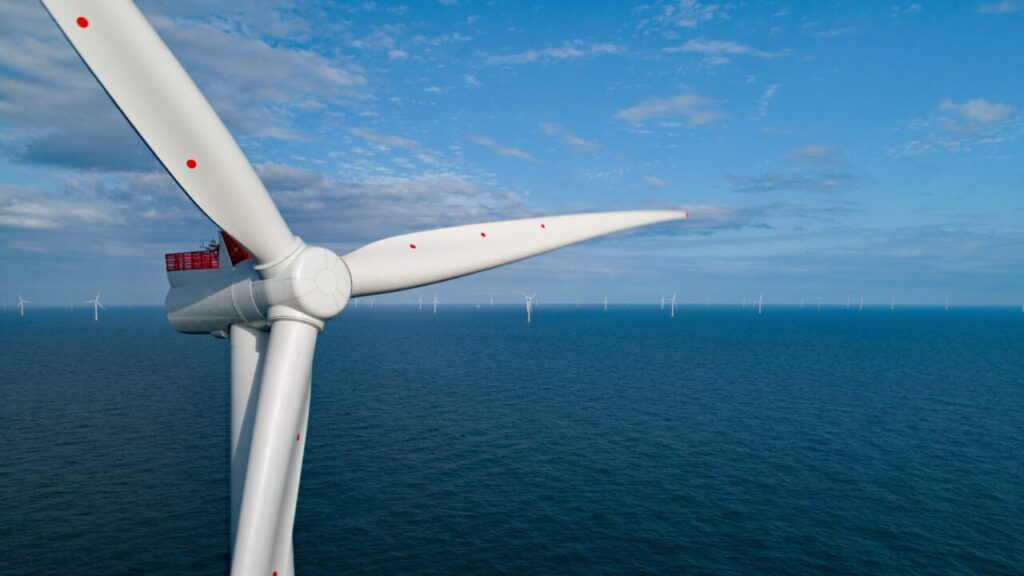Analysis from Aurora Energy Research has emphasised that flexible power demand is essential if the UK is to gain any substantial benefit from its goal of having 50-60GW of offshore wind capacity online by 2030.
According to Aurora Energy Research, several other major issues in the UK’s power systems are contributing to a potential scenario where the rising installations of renewable projects could, in fact, lead to waste of energy and higher costs for consumers.
Research has revealed that since 2010, installed renewable energy capacity in the British energy system has increased eightfold. Over the same period, efficiency improvements, deindustrialisation and the energy crisis led to a 17% drop in power demand. Meanwhile, uptake of clean technologies such as electric vehicles (EVs) and heat pumps remains low due to technical barriers and high upfront costs, and subsidies like the Boiler Upgrade Scheme (BUS) have low uptake rates. The BUS is budgeted for 200,000 installations, but Aurora reveals that only 19,000 have been successfully funded due to long installation times, expensive insulation upgrade requirements, and a lack of skilled technicians.
Pranav Menon, research associate at Aurora Energy Research, states: ”While GB has made excellent progress in connecting low-carbon generation technologies to the grid over the past decade, progress on the demand side of the marketplace has been slower. Several financial and technical bottlenecks have limited the electrification of sectors such as heat and transport, which are large contributors to economy-wide emissions. Planning reform, grid expansion, subsidy support and consistent policy are key to supporting electrification in these sectors and also incentivising the deployment of novel demand sectors such as green hydrogen and AI.
“50-60GW of offshore wind by 2030 is only useful if there is sufficient flexible demand on the power system to absorb it!”
Flexibility is an ongoing problem for the UK power grid
Across the UK’s power grid system, the lack of solid flexibility options is an increasingly apparent problem.
Energy storage provider Connected Energy has warned that grid constraints will prevent the successful rollout of electric Heavy Goods Vehicles (eHGVs), potentially hampering the UK’s move to a zero emissions economy. Despite making up a relatively small proportion of UK road traffic, HGV’s contribute around 20% of all UK transport emissions each year.
According to the UK’s electricity systems operator National Grid ESO, UK capacity surplus for this coming winter is expected to be sufficient to ensure a safe supply; however, National Grid ESO did warn that there still “may be some tight days”. This news comes as National Grid ESO announced it would be winding down its Demand Flexibility Service for this coming winter, to be replaced by a new, year-round service next year.
However, there are some positive developments on the horizon. A recent report by independent energy expert and assurance provider DNV has shown the potential of AI to introduce efficiencies to grids around the world.
Despite the challenges the UK grid currently faces, it has been revealed by the Energy Network Association (ENA) that the UK is the biggest flexibility market in the world, with Dr Avi Aithal, head of Open Networks at ENA calling the developments “a great achievement for the UK’s energy networks, and it’s a clear testament to their commitment to deliver best value to consumers.”






